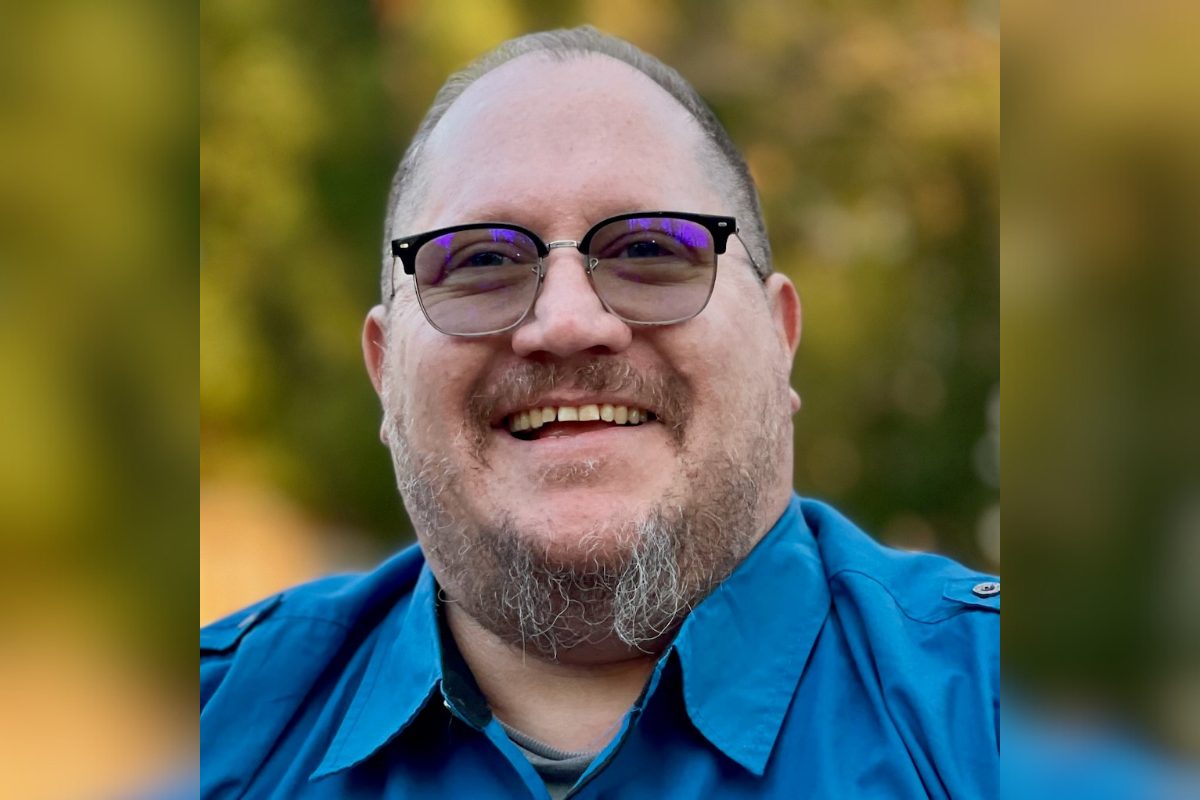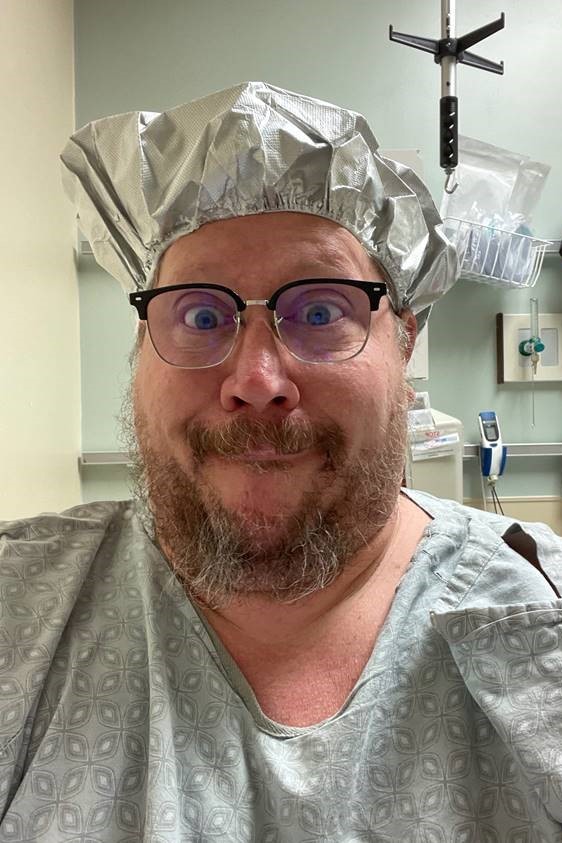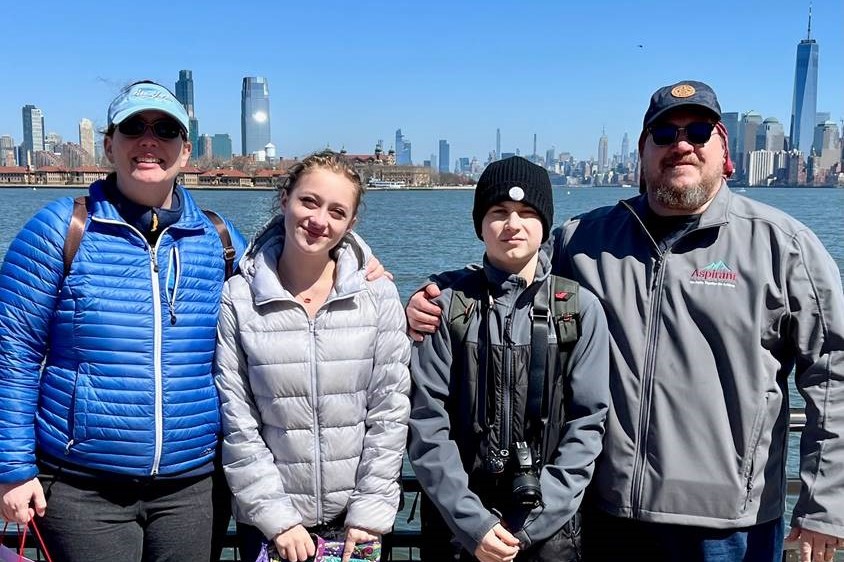
Shally Steckerl talks about his melanoma journey and the important role his family and behavioral health services played in his recovery.
What are the events that led to your cancer diagnosis?
I went to my primary care doctor for a rash on my side, which would not go away. She gave me some hydrocortisone cream and recommended that I see a dermatologist if the rash did not resolve after this treatment. The rash did not go away, so I went to see my dermatologist, and he knew right away what it was. He gave me a new prescription and said the rash should clear up soon. However, while I was there, he suggested a full body exam. He proceeded to check me and found one slightly darker freckle he thought should be reviewed more closely. He took a biopsy and sent it to the lab.
 One week later, I found out it was melanoma! I was rushed into surgery for a full resection, and that is when they discovered it had spread to three out of four nearby sentinel nodes. Those nodes along with the melanoma were all resected.
One week later, I found out it was melanoma! I was rushed into surgery for a full resection, and that is when they discovered it had spread to three out of four nearby sentinel nodes. Those nodes along with the melanoma were all resected.
What treatment did you receive?
In addition to the full surgical resection, I am undergoing a year of treatment with pembrolizumab.
How and where did you receive support during your treatment and recovery?
I received support from my dermatological team as well as from Dr. Scott Davidson, my surgical oncologist, and Dr. Tariq Mahmood, my medical oncologist. I also began utilizing Northside Hospital Behavioral Health Services and spoke with a provider there. It helped to get all my feelings out.
What advice do you have for someone navigating their treatment and recovery journey?
I would advise telling your close friends and family as soon as you can. They will be much more encouraging and supportive than you expect. Waiting to tell them does not do anything other than maybe sometimes make them upset you did not share it sooner.
How far out are you from treatment or is treatment ongoing?
Treatment with pembrolizumab is ongoing. I am about a quarter of the way through it.
Closing Thoughts
 My dermatologist and oncologists saved my life, and for that, I am very grateful. As a patient, it was frustrating to be told by several providers along the way that testing was standard and would likely lead to nothing when each time it felt like it led to bad news. I felt that I needed more tools and data to make a decision regarding my treatment plan. Eventually, I made the decision to talk to my family about things, which helped me feel less abandoned and paralyzed by treatment options.
My dermatologist and oncologists saved my life, and for that, I am very grateful. As a patient, it was frustrating to be told by several providers along the way that testing was standard and would likely lead to nothing when each time it felt like it led to bad news. I felt that I needed more tools and data to make a decision regarding my treatment plan. Eventually, I made the decision to talk to my family about things, which helped me feel less abandoned and paralyzed by treatment options.
My family supported me unconditionally, and involving them was a big step toward moving in the right direction. My advice is to speak with your family and to not be afraid to talk about your cancer diagnosis. If you share, you will find support from places where you least expect it. So many people are going through the same thing, and oftentimes our friends and relatives have insight or connections that help.
Learn more about the Northside Hospital Cancer Institute Melanoma & Skin Cancer Program.
*The health story shared here is for informational purposes only and is not medical advice. Patients should consult with their own physician before making medical decisions.
